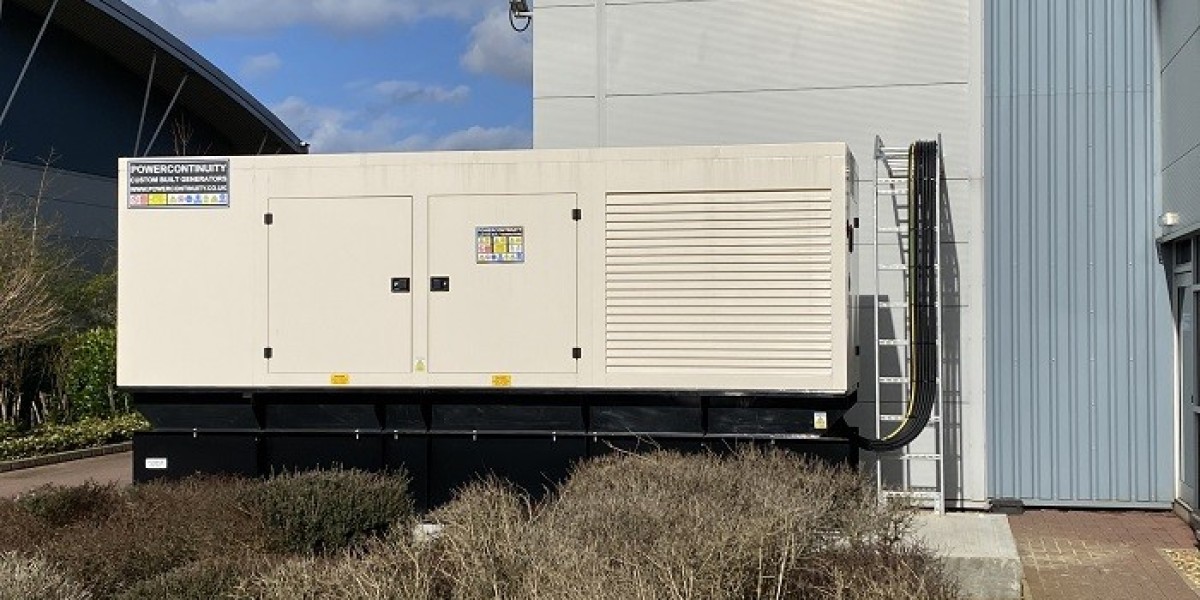Introduction
In our journey through life, veterans have served our nation with honor and dedication. As they enter their later years, some may face challenging health conditions that require specialized care and support. VA hospice care is a vital program that offers compassionate end-of-life care to veterans, focusing on pain management, emotional support, and overall well-being. In this blog post, we will explore the various benefits of VA hospice care and how it caters to the unique needs of veterans and their families.
What is VA Hospice Care?
VA hospice care is a comprehensive program that provides medical, emotional, and spiritual support to veterans in the final stages of life. Unlike traditional medical care, hospice focuses on enhancing the quality of life rather than curative treatment. It aims to make the remaining time for veterans as comfortable and meaningful as possible, surrounded by their loved ones.
Eligibility Criteria for VA Hospice Benefits
3.1. Military Service Requirements
To be eligible for VA hospice benefits, veterans must have served in the active military, naval, or air service and not received a dishonorable discharge.
3.2. Medical Condition Eligibility
Veterans can access hospice care if they have been diagnosed with a life-limiting medical condition with a life expectancy of six months or less.
3.3. Advanced Care Planning
VA encourages veterans to have conversations with their families and healthcare providers about their care preferences through advance care planning. This helps ensure that their wishes are respected when facing difficult medical decisions.
The Benefits of VA Hospice Care
4.1. Palliative Pain and Symptom Management
VA hospice care offers expert pain and symptom management to alleviate discomfort and improve the veteran's quality of life. A dedicated team of healthcare professionals collaborates to develop personalized care plans.
4.2. Emotional and Spiritual Support
Hospice care provides emotional and spiritual support to veterans and their families during this challenging time. Trained counselors and chaplains are available to address their psychological and spiritual needs.
4.3. In-Home Care Services
VA hospice care allows veterans to receive support in the comfort of their homes, surrounded by their loved ones. This helps create a familiar and nurturing environment, promoting peace and tranquility.
4.4. Respite Care for Caregivers
Caregivers play a crucial role in supporting veterans during their hospice journey. VA provides respite care services, offering caregivers temporary relief from their responsibilities to prevent burnout and promote their well-being.
4.5. Bereavement Support
After the passing of a veteran, VA hospice continues to support the family through bereavement services. These services assist in the grieving process and help family members cope with their loss.
How to Apply for VA Hospice Care?
5.1. Contacting the VA Healthcare Team
Veterans can begin the hospice care application process by contacting their local VA healthcare team. The team will guide them through the necessary steps and provide essential information.
5.2. The Hospice Admission Process
The VA healthcare team will evaluate the veteran's medical condition and eligibility for hospice care. Once approved, the team will work closely with the veteran and their family to establish a comprehensive care plan.
Myths and Facts about VA Hospice Care
6.1. Myth: Hospice is only for the terminally ill.
Fact: Hospice care is designed for individuals with a life expectancy of six months or less, but it focuses on improving the quality of life rather than curing the illness.
6.2. Myth: VA Hospice Care is only available in VA facilities.
Fact: VA hospice care can be provided at home or in a facility, depending on the veteran's preferences and medical needs.
6.3. Fact: VA Hospice Care can be provided at home or in a facility.
Myth: Hospice care hastens death.
Fact: Hospice care emphasizes comfort and symptom management, not hastening or postponing death.
The Role of Palliative Care in VA Hospice
Palliative care complements VA hospice by providing relief from the symptoms, pain, and stress associated with serious illnesses. It can be delivered at any stage of a veteran's illness, along with curative treatments, to improve their overall well-being.
VA Hospice Care Eligibility vs. Traditional Hospice Care
VA hospice care Eligibility is tailored specifically for veterans, considering their unique experiences, military service-related issues, and emotional needs. While both VA and traditional hospice programs aim to provide comfort, VA hospice is better equipped to address the specific challenges faced by veterans and their families.
The Impact of VA Hospice Care on Veterans and Their Families
VA hospice care has a profound impact on veterans and their families by providing them with support, dignity, and comfort during a challenging time. It allows veterans to spend their remaining days in a familiar and loving environment, surrounded by their loved ones. This sense of security and care not only improves the veteran's emotional well-being but also brings peace of mind to their family members.
Veterans who receive VA hospice care often experience reduced pain and improved symptom management, leading to a better overall quality of life during their final months. The comprehensive support offered by hospice teams allows veterans to focus on what truly matters – spending precious moments with their family and friends, reminiscing about their life's journey, and finding closure.
Additionally, the emotional and spiritual support provided by trained counselors and chaplains helps veterans and their families navigate the complex emotions that arise during this difficult time. The compassionate guidance and understanding ear of these professionals can make a significant difference in how families cope with the impending loss of their loved one.
Respite care is another essential benefit of VA hospice care. Caregiving can be physically and emotionally demanding, and caregivers often neglect their own well-being while focusing on their loved one's needs. The VA recognizes the importance of supporting caregivers and offers respite care services, providing them with temporary relief from their caregiving duties. This support helps prevent burnout and ensures that caregivers can continue to provide the best care possible.
Even after a veteran passes away, VA hospice care extends its support through bereavement services for the family members. Coping with grief and loss can be an overwhelming journey, and having access to bereavement support can make the process more manageable. VA counselors and support groups help family members navigate their grief and find ways to honor the memory of their beloved veteran.
Conclusion
VA hospice care is a compassionate and vital program that provides comfort, support, and dignity to veterans in their final stages of life. Through a multidisciplinary approach, veterans receive expert medical care, emotional support, and spiritual guidance tailored to their unique needs as former servicemembers. VA hospice not only enhances the quality of life for veterans but also offers essential respite care for caregivers and bereavement support for families after their loved one's passing.
As we honor and respect the sacrifices made by our veterans, it is essential to ensure that they receive the care and support they deserve in their later years. VA hospice care stands as a testament to our nation's commitment to caring for those who have selflessly served our country.








